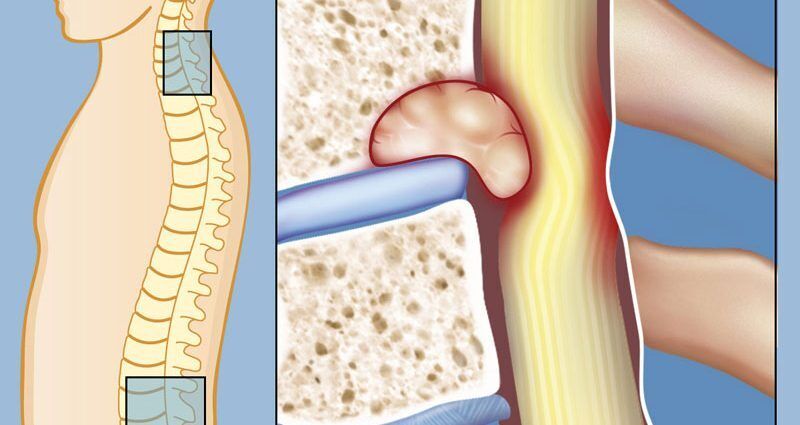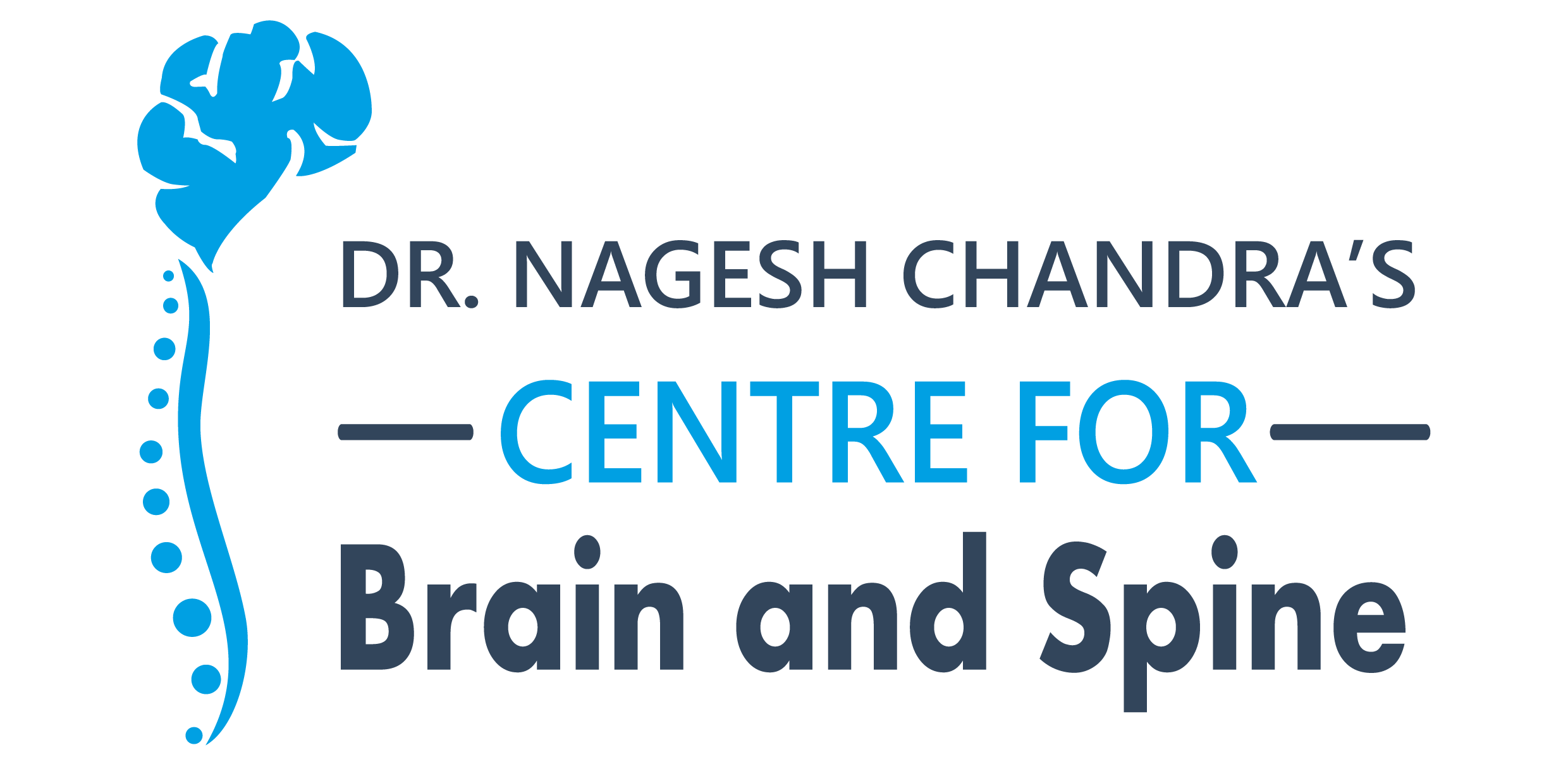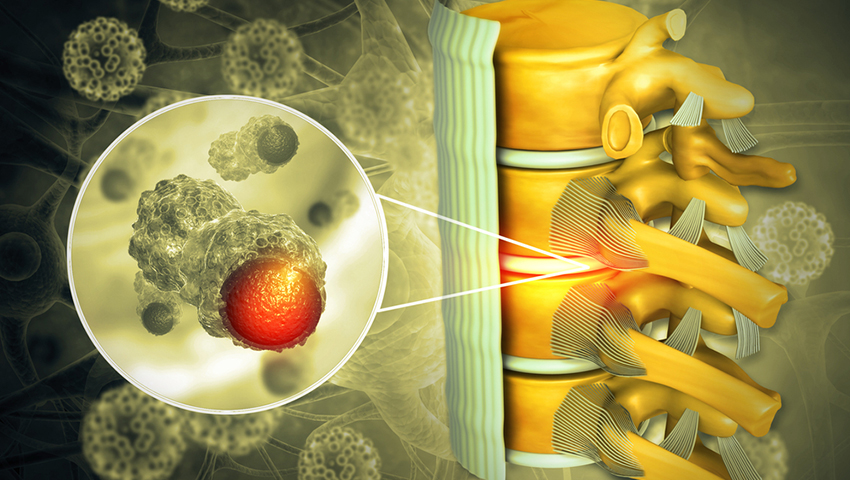The spine, a most essential component of the human skeletal system, supports the body and protects the spinal cord. Unfortunately, tumor also develop within the spine, causing health risks. In this article, neurosurgeon in Delhi explains spinal tumors, including their symptoms, causes, treatment options, and spine surgery in Dwarka
Types of Spinal Tumors
Spinal tumors are categorised into two types: primary tumors, originating within the spine, and secondary tumors, which metastasise from other parts of the body. Primary tumors are classified as benign or malignant. Benign tumors are non-cancerous and grow slowly, while malignant tumors are cancerous and invade surrounding tissues, spreading to other parts of the body.
Non Cancerous Spinal Tumors
Non-cancerous spinal tumors include osteoid osteomas, osteoblastomas, and hemangiomas. While these tumors are slow-growing and their location within the spine lead to dangerous symptoms and emergency complications.
Cancerous Spinal Tumors
Cancerous spinal tumors, such as osteosarcoma, chondrosarcoma, and Ewing’s sarcoma, are dangerous and life-threatening. These tumors require urgent treatment to start.
Symptoms of Spinal Tumors
The symptoms of spinal tumors may not be same for all patients depending on their location, size, and type. Common symptoms are as follows:
- Back Pain: Consistent and continious pain in the back is a symptom of spinal tumors. The pain worsens at night and with physical activity.It can also be a symptom of sciatica or scoliosis if beding is visible
- Neurological Symptoms: Tumors compress the spinal cord or nerve roots, causing neurological issues like numbness, weakness, or tingling sensations in the extremities.
- Changes in Bowel or Bladder Function: Severe spinal cord compression results in bowel and bladder dysfunction, leading to incontinence or difficulty controlling these functions.
- Difficulty Walking: Tumors affecting the spine difficulty walking or a lack of coordination in the body.
- Radiating Pain: Pain radiates from the spine to other parts of the body, depending on the tumour’s location and its impact on surrounding nerves.
Causes of Spinal Tumors
The exact causes of spinal tumors are still not known, but risk factors and conditions increase the chances of these factors:
- Age: Types of spinal tumors occur in some age groups. For instance:
- Ependymomas: Youngsters under 20 years old.
- Juvenile Pilocytic Astrocytomas: Common in children and young adults occur in the first 20 years.
- Meningiomas: More common in adults, over 40 years old.
- Nerve Sheath Tumors (Schwannomas, Neurofibromas): Can occur in young to middle-aged adults, in the 20s to 40s.
- Meningiomas: In older adults, over 60 years old.
- Schwannomas: 40s to 60s years of age.
- Radiation Exposure: Exposure to radiation therapy, for cancer treatment or other diagnosis tests increases the chances of spinal tumors.
- Metastasis: Secondary spinal tumors result from the spread of cancer from other parts of the body, such as the lungs, breast, or prostate.

Tests for Spinal Tumor in Delhi
Diagnosing spinal tumors includes the following tests:
- Neurosurgeon will assess the patient’s medical history and go for a physical examination to identify symptoms.
- X-rays, CT scans, MRI scans, and PET scans, to visualize the location, size, and details
- A biopsy is taking a tissue sample from the tumor to determine its type, whether benign or malignant.
Spinal Tumor Treatment in Delhi
The spinal tumor treatment in Delhi as per a top spine specialist in Delhi includes a combined treatment course as follows:
- Observation: In cases of slow-growing and asymptomatic benign tumors, spine doctors do regular monitoring with medicines.
- Radiation therapy and chemotherapy are used to treat spinal tumor. They aim to shrink or eliminate cancerous cells.
- Spine tumor surgery is necessary for both benign and malignant spinal tumor. The surgery removes tumor, decompresses the spinal cord or nerves, and stabilises the spine.
- Chemotherapy uses drugs to kill or slow the growth of cancer cells. While not very common for spinal tumor
- Immunotherapy works by improving the body’s immune system to recognise and attack cancer cells.
Spinal Tumor surgery in Delhi
Spine surgery procedures used in brain tumor can be as follows:
- Tumor Resection: This involves removing as much of the tumour as possible while preserving the surrounding healthy tissue. In some cases, complete removal is not feasible due to the tumor’s location or invasiveness.
- Decompression Surgery: Spinal decompression reduces pressure on the spinal cord or nerves by removing portions of the tumour or surrounding bone.
- Spinal Fusion: Stabilising the spine requires spinal fusion, a procedure that involves fusing two or more vertebrae using bone grafts or hardware.
- Minimum cut Surgery: Smaller incisions in the back to reduce muscle damage, and shorter recovery times.
Spinal tumor as explained by Dr. Nagesh Chandra, a neurosurgeon in Dwarka, Delhi, is a serious medical problem that can be caused by many reasons. So symptoms like frequent backpain should never be voided, so that any danger can be prevented and spine tumors get timely treatment
You can connect with Dr. Nagesh by dialing +919818776763 now

